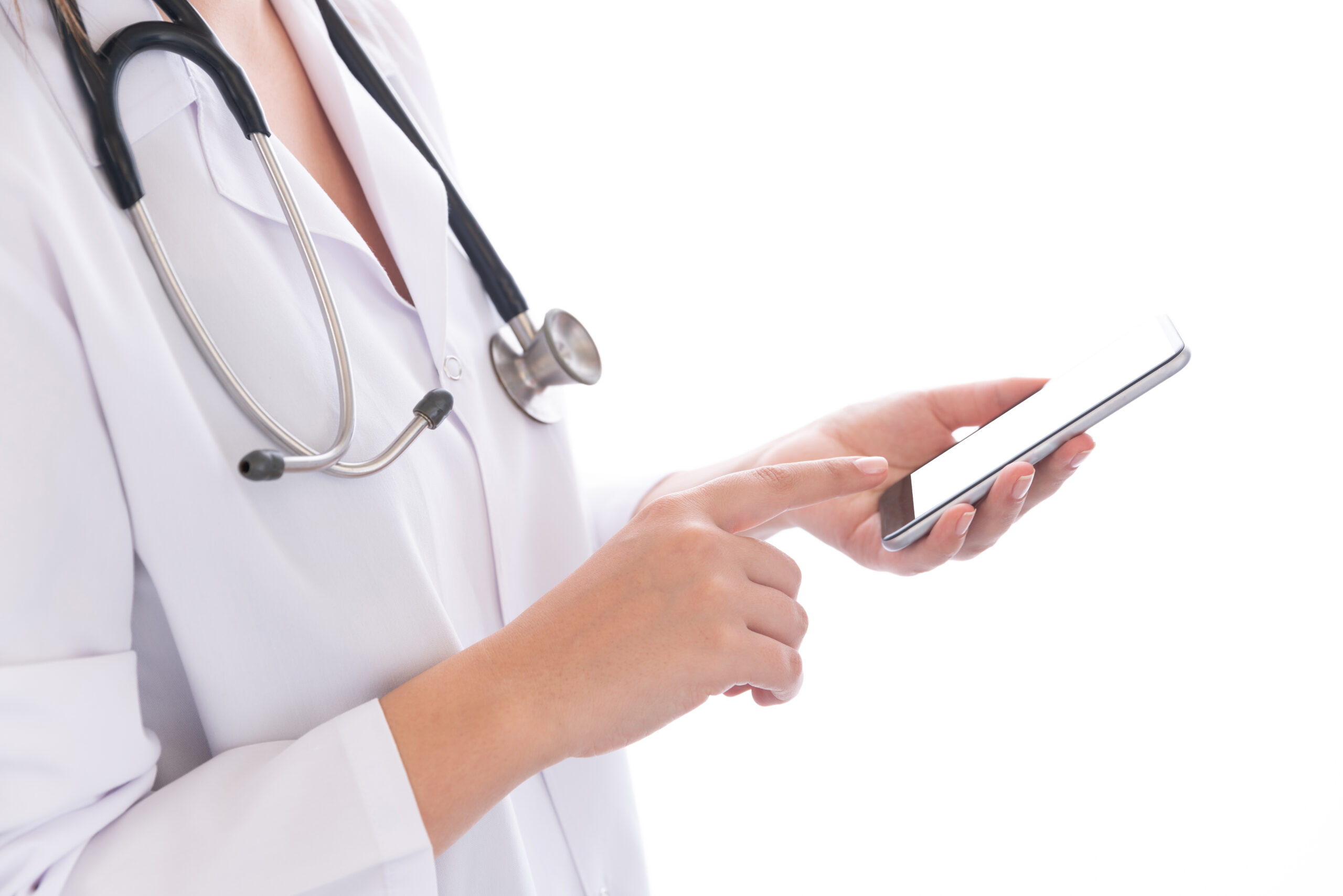Check-Up
Full body status
A whole-body status examination refers to the systematic and complete examination of a patient's entire body, including the head, neck, thorax, abdomen, spine, and extremities. The following examinations are performed as part of the whole-body status examination:
-
-
- Inspection of the eyes and conjunctiva and the oral-nasal cavity
- Inspection of the skin
- Inspection and mobility testing of the spine and extremities
- Inspection of the genitals and anal region
- Palpation of the most important lymph node stations
- Palpation of the abdomen
- Auscultation of the thorax (heart, lungs)
- Assessment of reflex status
- Collection of pulse status
-

Why is the check-up important?
If you feel fit and want to stay that way, then our check-ups, tailored to you and your lifestyle, are the right choice for you.
This allows us to detect changes and diseases early
to recognize.
How does the check-up work?
Initial consultation / anamnesis
The check-up begins with a conversation – the so-called medical history. We ask you about previous illnesses and illnesses of family members, as well as any complaints you may have.
Blood sampling and diagnostic testing
We take blood samples and perform initial medical examinations.
Consultation and final interview
We will provide you with detailed information about the results of the check-up and your individual risk profile. We will discuss appropriate measures, lifestyle changes, and further steps.
We also offer variations of these checkups as part of our travel and altitude medicine services. We also recommend a checkup before a longer trip abroad or for study trips.